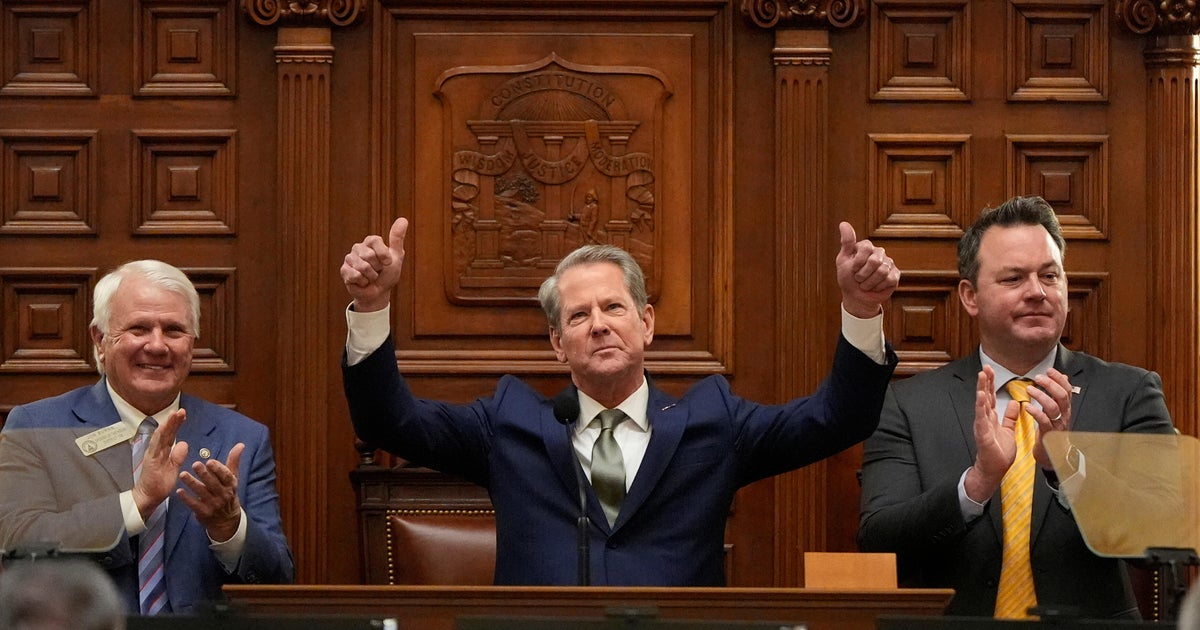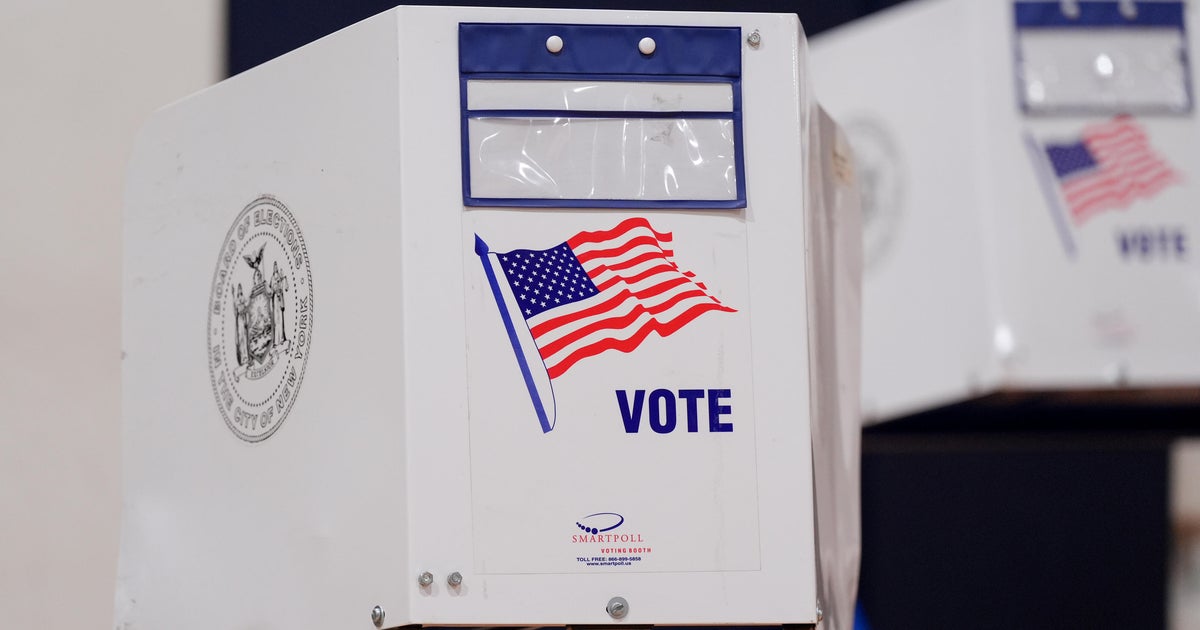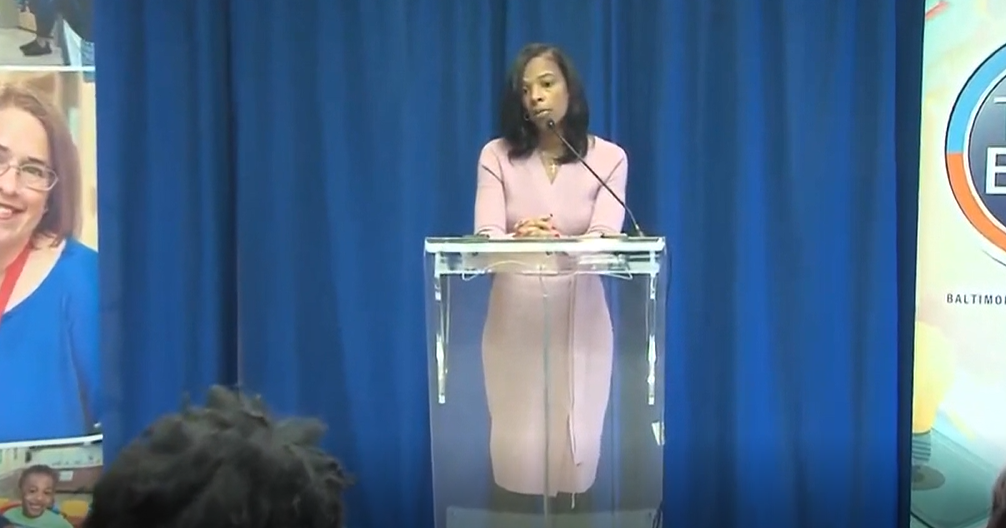Minn. GOP Lawmakers Propose Cutting Business Taxes
ST. PAUL, Minn. (AP) -- Newly in charge, Republicans steering the Minnesota Legislature signaled their top goals Monday through their first bills -- one that would cut business taxes and speed up approval of business permits and another that would clear the way for construction of new nuclear power plants.
The GOP majorities have made creating jobs their priority, but they refused to estimate how many jobs the proposals would bring.
Deputy Senate Majority Leader Geoff Michel, R-Edina, said the corporate tax cuts would reduce costs for businesses, while tighter deadlines for permitting would give them more certainty. Supporters of the bill to lift a state moratorium on new nuclear power plants also say the change eventually would keep energy jobs close to home, while addressing the state's future energy needs.
"We want to make Minnesota the best place to start a business and expand a business," Michel said at a news conference attended by dozens of his GOP Senate colleagues. "We want to plant a flag at every border that our state is open for business again and that we will do anything to help a job creator."
Michel's jobs bill would cut the state's 9.8 percent corporate income tax in half by 2017 and freeze the statewide business property tax at its 2009 level, for a combined $200 million in tax cuts. The legislation would also direct the Minnesota Pollution Control Agency and the Department of Natural Resources to aim to rule on environmental permits within 150 days of an application.
The first House bill, sponsored by first-term Rep. Dan Fabian, focuses on faster permitting for businesses, including eliminating a layer of court oversight of environmental reviews and allowing businesses to hire out preparation of environmental impact statements. Fabian, R-Roseau, said he is pushing the changes after watching several businesses from his northwestern Minnesota district expand outside of the state.
"Go out and talk to the business owners who have expanded outside the state of Minnesota, and they will tell you why, and due in large part to permitting, to regulatory issues and those types of things. It is of vital importance to them," Fabian said.
The second House bill would revamp the way lawmakers set the state budget through a process called priority-based budgeting.
Minnesota is running a $6.2 billion shortfall over the next two years. Unemployment stands at 7.1 percent.
Democratic Senate Minority Leader Tom Bakk criticized Michel's bill for widening the deficit, while questioning whether the tax cuts would lead to any business expansion. He said nearly half the corporate income tax cut would go to companies based outside Minnesota, while the business tax cuts would force more spending cuts as lawmakers contemplate deep reductions.
"I would say it's totally symbolic, that it's going to do nothing for Minnesota's economy," said Bakk, DFL-Cook.
Michel said the bill's cost would be covered by spending reductions his caucus plans to identify later in the session.
He predicted that the proposal could end up as part of end-of-session negotiations between the Republican-led Legislature and Democratic Gov. Mark Dayton. But Michel promised to give the bill its first hearing in the Senate Jobs and Economic Growth Committee that he heads within a week. House Speaker Kurt Zellers, R-Maple Grove, said the first House bills are also slated for hearings in the coming days.
(© Copyright 2011 The Associated Press. All Rights Reserved. This material may not be published, broadcast, rewritten or redistributed.)
WCCO-TV's Pat Kessler Reports







